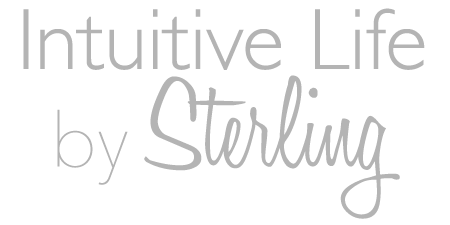Are You Listening?
/Our inner voice is reassuringly or irritatingly always there on tap, offering us the unfailing, if ambiguous, company of a guest who does not plan to leave.* We essentially enter into conversations with some favorable or unfavorable judgment, evaluation, opinions, questions that are already and always at play: “I know” or “I know better,” “is it true” or “is it false,” “am I going to like/dislike or agree/disagree with what’s being said,” “is it right or wrong,” “is it going to make me look good or bad,” etc, etc.
There are both constraining and shaping consequences to coming into conversations with that kind of listening at play. From the constraining side, when what’s being said by someone is inconsistent with our opinions, we essentially dismiss it in some way and miss out on other views as real possibilities—it constrains our perception. From the shaping side, what we walk in with determines the way people and things show up for us. If we think, for example, someone doesn’t understand us, like us, respect us, then we become “they don’t understand/like/respect me” waiting to happen.
When there is nothing between ourselves and what comes from another person, things don’t go through any labyrinth of our evaluations or judgments. In listening without those overlays, in hearing where another person is pointing, we choose to risk being changed by what we hear. A more malleable, fluid world becomes available. The province of possibility emerges, and what it attracts, what we can make happen, has the power to reshape the course of events.
For information on Sterling's new Mastering the Communication process service, call 213-700-3078!


